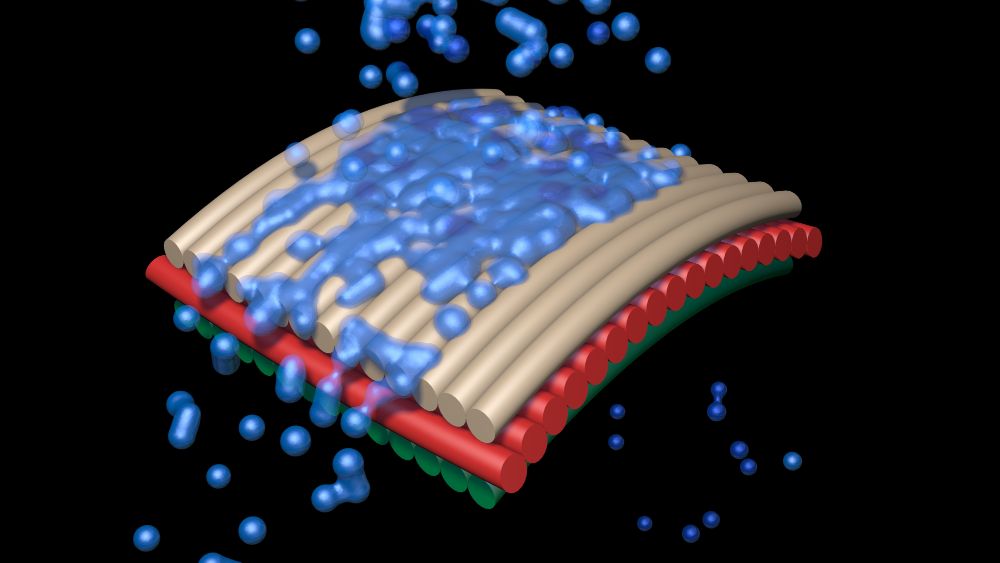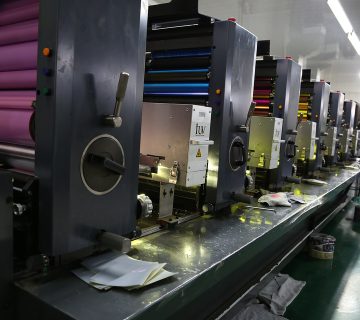Oftentimes, coatings are named after the type of resin or binder they are made from. Some examples for this are urethanes, alkyds, and epoxies. However, there is a lot more to the composition of a coating than that. In addition, color is determined by pigments; performance characteristics are decided ( partly) by additives, and all are dissolved into a more easily applicable liquid form.
The element employed to help liquefy coatings can be either a chemical solvent or water. That is where the phrases water-based and solvent-based coatings become operational. Numerous circumstances determine which product is suitable for a particular application. Neither is better than the other per se, but in assorted situations, they each perform differently.
A cool thermal spray coating company that provides both is indicative of a professional with a cutting edge, well-balanced, all-inclusive collectionl. Now let’s have a look at these coatings and consider their differences
Solvent-Based Coatings
The liquefying factors in solvent-based paints act in a peculiar manner: when oxygen and chemicals react, the liquefying agents evaporate. Drying times can be shortened by speeding up the reaction as the air surrounding the process is moving.
In comparison with water-based coatings, one major benefit exists here. During the curing phase, they are less vulnerable to humidity, temperature, and other environmental elements. In a water-based coating, humidity delays evaporation of water. That is the reason why in some climates water-based coatings are ineffective. In a coating project, during the surface preparation stage, challenges are also presented by water-based coatings.
Let’s admit it, during the corrosion process, a key element is water. So, using it in the process of protective coating applications (meant to discourage or prevent corrosion) seems counterproductive. If a water-based process is applied for surface preparation, the entire water has to be completely and totally gone before the process can proceed. With solvent-based coatings, this is not a matter of concern.
Water-Based Coatings
Approximately 80% of present household paints belong to water-based category. It is no wonder, however, since water-based products have fantastic features if used in the right setting. There is less odor, for one thing. Fortunately, settings can include heavy duty protective needs, interior applications that are less demanding, and a multitude of situations in between.
Health risk and discomfort can be an outcome when solvents are used. Evaporation of the solvent is one of the unpleasant aspects of solvent-based products particularly while working in places with poor ventilation,. Thus, water-based coatings are used in various projects such as those involved with railroad tank cars, fuel storage tanks, and such like. Since a confined space is involved, the reduction of a buildup of condensed ignitable materials is necessary.
Water-based coatings are also used to satisfy environmental compliance. VOCs or volatile organic compounds are a result of solvent evaporation in many cases. These VOCs are regulated and monitored by local, state, and national governments. Due to strict restrictions, attempts to lessen VOC emissions have been on the rise.

Solvents in Water-Based Coatings?
All above is not to say that no solvents exist in any water-based coatings. On the contrary, they definitely contain considerably fewer solvents than actual solvent-based coatings or no solvents at all.
The use of water-based solvents can help companies save money in two ways:
- When companies exceed VOC regulations, they have to pay a fine. Using water-based solvents reduces this chance to a great deal.
- Majority of companies rely on advisors to help them comply with environmental rules regulations. These advisors cost a lot. Companies could spend less on this type of counseling by using water-based products that present no VOC hazards.
A&A Coatings have both water-based and solvent-based coatings available. Our thermal spray process can benefit a multitude of industries in any number of applications. To make inquiries about how your company can take advantage of thermal spray protective coatings, get in touch with one of our knowledgeable representatives right now.











No comment